BACKGROUND
Urinary stents (ureteral-urethral, polymeric-metallic), are routinely used. They have many indications, but their main function is to facilitate urine drainage, as internal scaffolds, in cases of urinary obstruction caused by lithiasis, cancer, benign disease, surgery, kidney transplant, etc. However, despite their great usefulness, urinary stents are associated to numerous side effects and complications that reduce their efficacy. This leads to a significant impairment in the patient’s quality of life and to an increase in health expenditure.
As part of ENIUS, we developed two Working groups: WG1. State of art of Urinary stents. This WG will focus its work in analyzing the current literature on ureteral, urethral and prostatic stents from a multidisciplinary point of view. WG3. Methodology for the development and validation of new stent designs. The WG3 will be in charge of developing the Methodology and validation protocols of future urinary tract stents. Currently there are no guidelines describing the completion of the different stages of development, assessment and validation of a new design of urinary stent.
We consider that the absence of an interdisciplinary network is the most important factor responsible for stent related morbidity. For this reason, engineers will be trained in the particularities of the urinary tract and the biological effects of stents.
AIMS AND OBJECTIVES
This training School will bring together a multidisciplinary group of engineers and biologist with expert urinary stents urologist and researchers. We will present the Indications, Complications, Impact of Quality of life, future developments in Urinary Stents and stenting practices in experimental OR.
The aims of the Training School are threefold:
- To consolidate a multidisciplinary network (urologist, translational researchers, bioengineers, etc) actively involved in urinary stent research to facilitate scientific knowledge exchange between young researchers.
- To create a cohort of skilled bioengineer/researchers with experience in Urinary stents.
- To provide engineers/biologists theoretical and practical knowledge related to current urinary stents drawbacks.


